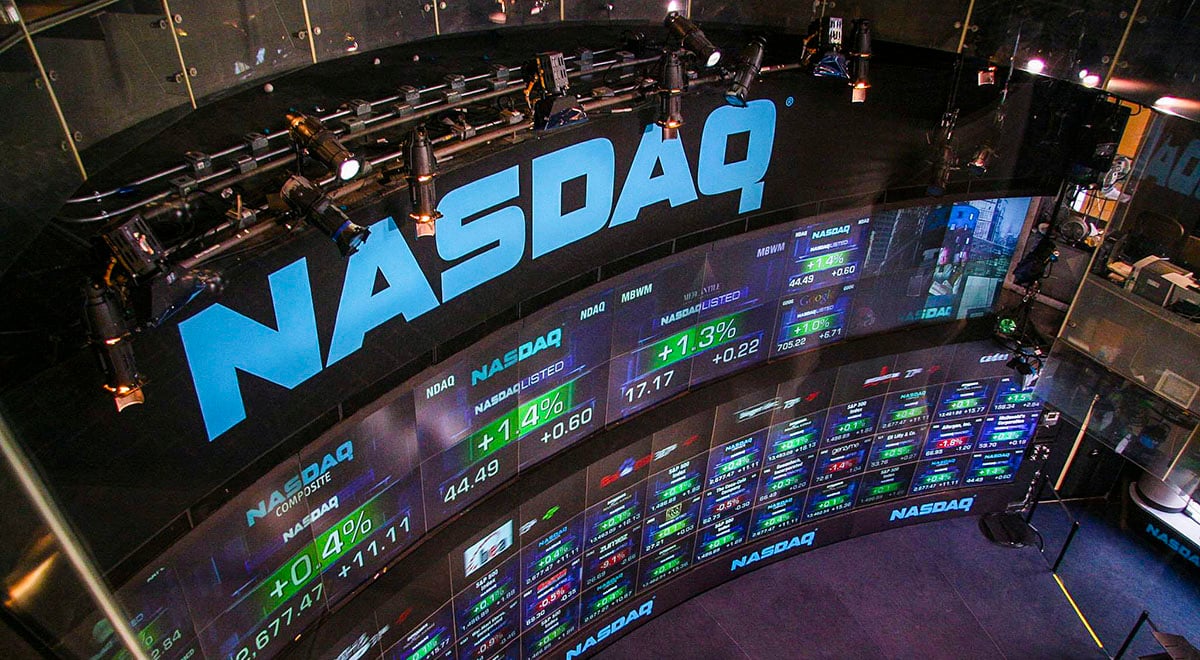Should I use an ETF that tracks the NASDAQ?
You may be tempted to use this index because of its tech stock returns. But you don't need it
Advertisement
You may be tempted to use this index because of its tech stock returns. But you don't need it


Sign up for our free investing newsletter »
Gord, it’s easy to see why you are feeling tempted to shift some of your U.S. equities to a NASDAQ-tracking ETF. Technology stocks have enjoyed a dramatic run lately: over the 12 months ending July 31, the NASDAQ 100 returned over 23%, compared with about 14% for the S&P 500 (all figures in U.S. dollars). Over the last three years, the NASDAQ 100 outperformed the broader index by roughly 5% annually. No wonder you feel like you’re “missing out.” But let’s be clear: you’re not missing out on tech stocks with an S&P 500 index fund. Indeed, information technology is the single largest sector in the index (almost 23%), and all of the major companies in the NASDAQ 100 are in there: in fact, Apple, Microsoft and Amazon are its top three holdings. However, they get significantly less weight in the broader index. Using the NASDAQ 100 for your U.S. equity holding is tantamount to making a bet that the technology sector will outperform the wider market. Such a bet isn’t compatible with the Couch Potato strategy. It’s also a huge risk that can come back to bite you. During the dot-com bust from 2000 to 2002, the NASDAQ 100 suffered three straight calendar years with losses over –32%, compared with much more modest losses in the broad U.S. market (between –9% and –22% annually). The S&P 500 is a much more diversified benchmark, and ETFs tracking this index (or one like it) are more appropriate for investors who want exposure to the U.S. market. An even better choice is a “total market” ETF that includes mid-sized and small companies as well, representing some 99% of publicly traded companies. Examples include the iShares Core S&P U.S. Total Market Index ETF (XUU) and the Vanguard U.S. Total Market Index ETF (VUN), both of which include about 3,600 stocks. Ask an expert: Leave your question for Dan BortolottiShare this article Share on Facebook Share on Twitter Share on Linkedin Share on Reddit Share on Email